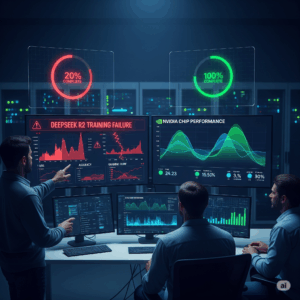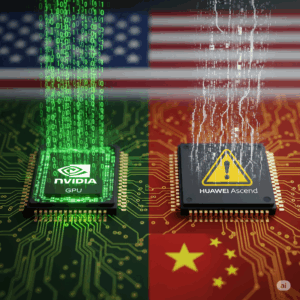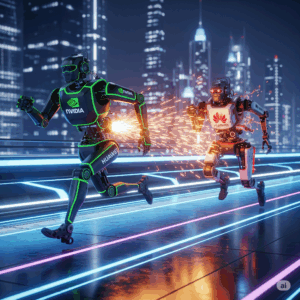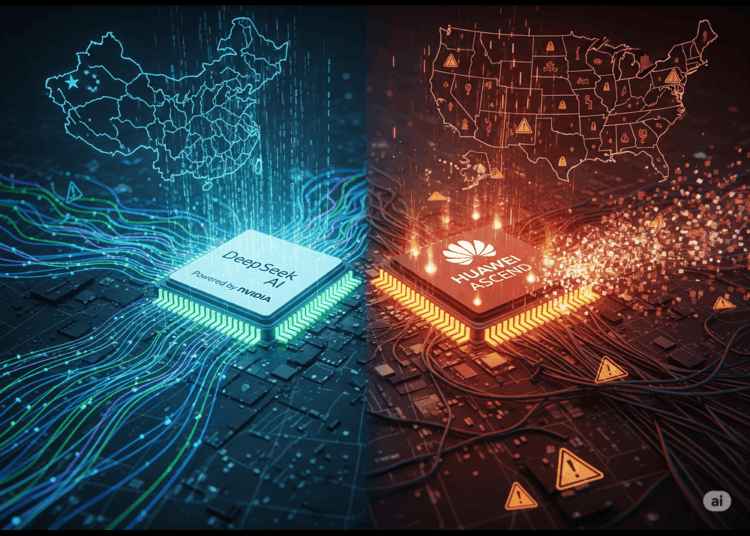Chinese AI startup DeepSeek has delayed the debut of its highly anticipated model, R2, after encountering repeated failures in training on Huawei’s Ascend chips, according to the Financial Times .
DeepSeek had been encouraged by government directives to reduce its reliance on U.S. technology—specifically Nvidia chips—and instead adopt domestic hardware such as Huawei’s Ascend accelerators. However, repeated attempts to train R2 on Ascend chips were unsuccessful. The company tried to proceed with Huawei’s devices for training, but struggled with persistent stability issues, performance inconsistencies, software limitations, and poor inter-chip communication. Even sending Huawei engineers to assist did not yield any successful training runs .
As a result, DeepSeek reverted to using Nvidia chips for training the model, while only employing Huawei hardware for inference tasks—underscoring how entrenched U.S. chips remain in the most demanding AI workloads.

Moreover, the training delay was compounded by prolonged data labelling processes, which further deferred progress. DeepSeek’s founder, Liang Wenfeng, reportedly is pushing for enhancements to ensure that R2 clearly surpasses its predecessor, R1, before setting a firm launch date. The longer-term consequences are significant: while R1 captured headlines with its cost-effective, high-performance reasoning capabilities, surpassing many Western models, R2 must prove its worth—or risk losing ground to competitors such as Alibaba’s Qwen3, which is reportedly optimizing similar training techniques .

Beyond DeepSeek, the problem signals broader limitations in China’s efforts to replace U.S. AI hardware. The struggles with Huawei chips highlight the current technological gap, suggesting that self-sufficiency remains an aspirational goal rather than an established reality.

In essence, DeepSeek’s R2 delay reveals a critical tension at the heart of Beijing’s AI ambitions: while policymakers push for domestic alternatives, technical and operational shortcomings of homegrown chips remain a bottleneck. Meanwhile, Nvidia’s hardware still underpins the most advanced and reliable aspects of AI system development.
Discover more insights like this in IMPAAKT – your top business magazine.











